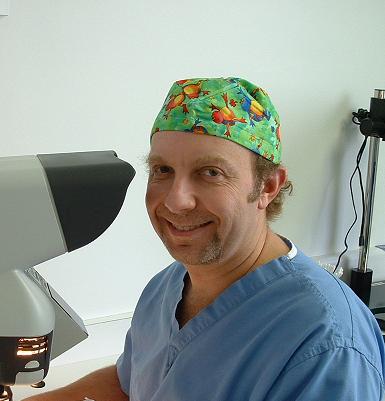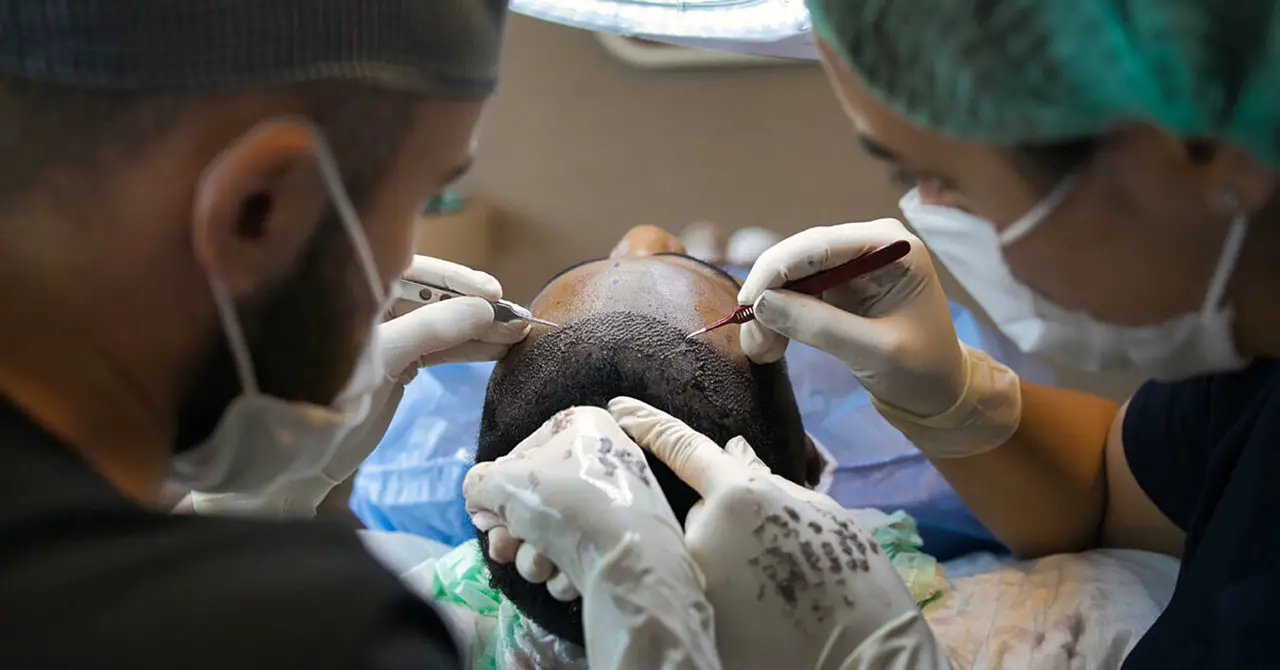Becoming a Hair Transplant Technician: Roles, Salary, and Education

Hair transplant technicians play a crucial role in the hair restoration industry, helping individuals regain their confidence and improve their appearance through hair transplant procedures.
If you’re considering a career as a hair transplant technician, it’s essential to understand their responsibilities, the potential salary, and the necessary education and training.
In this blog post, we’ll explore what a hair transplant technician does, their salary, how to become one, and whether it’s worth pursuing this career path.
Who is a Hair Transplant Technician?

A hair transplant technician is a professional who assists in hair transplant procedures, working alongside hair restoration surgeons to restore hair growth for patients experiencing hair loss.
They play a vital role in the hair transplant process, ensuring the procedure runs smoothly and providing support to both the surgeon and the patient.
Role of a Hair Transplant Technician
Hair transplant technicians have several responsibilities, including:
- Preparing the patient for surgery, including shaving and disinfecting the donor and recipient areas.
- Assisting the surgeon in extracting hair follicles from the donor area, typically using techniques such as Follicular Unit Extraction (FUE) or Follicular Unit Transplantation (FUT).
- Sorting and preparing the extracted hair follicles for transplantation, ensuring they are healthy and viable for the procedure.
- Assisting the surgeon in implanting the hair follicles into the recipient area, following the natural hair growth pattern to achieve optimal results.
- Providing post-operative care instructions to the patient and monitoring their recovery process.
- Maintaining a clean and sterile work environment to prevent infection and ensure patient safety.
Salary of a Hair Transplant Technician
The salary of a hair transplant technician can vary depending on factors such as experience, location, and the size of the clinic.
On average, hair transplant technicians in the United States can expect to earn between $40,000 and $60,000 per year.
With experience and additional qualifications, technicians may have the opportunity to earn a higher salary.
How to become a Hair Transplant Technician
Becoming a hair transplant technician typically requires a combination of education and hands-on training. Here are the steps to follow:
#1 Qualifications
To become a hair transplant technician, you’ll need a high school diploma or equivalent. Some clinics may also require you to have a background in healthcare, such as a Certified Nursing Assistant (CNA) or a Medical Assistant certification.
#2 Course and cost
To gain the necessary skills and knowledge, aspiring hair transplant technicians must complete a specialized training program. These programs are typically offered by hair restoration clinics or educational institutions and cover topics such as hair anatomy, hair loss causes, transplantation techniques, and patient care.
The cost of these courses can vary, but you can expect to pay between $1,500 and $5,000 for a comprehensive training program.
#3 Duration of the course
Hair transplant technician training courses can range from a few days to several months, depending on the program’s depth and the amount of hands-on training provided. Some programs may also offer ongoing mentorship and support to help technicians refine their skills and advance in their careers.
How Important are Hair Transplant Technicians
Hair transplant technicians play a crucial role in the world of hair restoration surgery. They significantly contribute to the success of each procedure, ensuring that patients can regain not just their hair, but also their confidence and self-esteem.
Here are several reasons why hair transplant technicians are essential:
Expertise and Skill: Hair transplant is a meticulous procedure involving the extraction and implantation of individual hair follicles. A skilled technician is key to achieving a natural-looking result. Technicians are trained in handling grafts correctly to ensure their survival and proper growth post-transplant.
Patient Care: Hair transplant technicians often interact directly with patients. They provide pre and post-operative care instructions, answer questions, and offer reassurances during the procedure. Their empathetic and supportive care can make the patient’s experience significantly more comfortable.
Teamwork: Technicians work closely with the transplant surgeon, assisting during the procedure and ensuring it runs smoothly. Their teamwork and effective communication are crucial to the success of each operation.
Efficiency: In a single hair transplant session, thousands of hair follicles may be transplanted. This labor-intensive process requires the technician to work efficiently without compromising the quality of their work. Their role is vital in keeping the procedure time-effective and more comfortable for the patient.
Quality Control: Technicians are responsible for maintaining sterile conditions, managing equipment, and ensuring the overall safety of the procedure. These tasks are essential for minimizing complications and ensuring the best possible outcome for the patient.
Hair transplant technicians are an integral part of the hair restoration team. Their skills, expertise, and dedication directly impact the success of hair transplant surgeries and the satisfaction of patients. Therefore, the importance of their role in the hair transplant process cannot be overstated.
Is it worth being a Hair Transplant Technician?
Becoming a hair transplant technician can offer a rewarding career for individuals who have an interest in the medical and aesthetic field.
This profession not only provides a platform for technical skills and continuous learning, but it also offers the opportunity to make a significant difference in people’s lives, boosting their confidence and well-being.
However, like any profession, it has its pros and cons, and whether it’s ‘worth it’ can greatly depend on your personal interests, values, and long-term career goals.
Advantages of Being a Hair Transplant Technician
High Demand: Hair loss is a common problem affecting millions of people worldwide. As technology improves and becomes more accessible, the demand for hair transplant procedures and skilled technicians continues to grow.
Making a Difference: Hair transplant technicians play a vital role in improving a patient’s self-esteem and overall quality of life. Seeing the positive psychological impact of your work can be immensely satisfying.
Career Growth: As you gain experience, there are numerous avenues for career progression, including supervisory roles, teaching, or even managing a clinic.
Continuous Learning: The field of hair restoration is continuously evolving with new techniques, technologies, and treatments. This allows for ongoing learning and skill development.
Considerations and Challenges
Training and Qualifications: Becoming a hair transplant technician requires specialized training and certification. It may take considerable time and financial investment to meet these requirements.
Physical Demands: The job can be physically demanding, often requiring long hours standing or performing meticulous, repetitive tasks. It’s crucial to take this into account if you are considering this career.
Emotional Toll: Dealing with patients who have high expectations or are anxious about the procedure can be stressful. It requires strong communication skills and emotional resilience.
Income Variances: While experienced technicians can earn a significant income, those just starting out might earn less until they’ve built their skills and reputation.
In conclusion, being a hair transplant technician can indeed be ‘worth it’ if you are passionate about helping people, enjoy working in a medical setting, and are willing to commit to the necessary training and the physical demands of the job.
It’s important to consider both the rewards and challenges before choosing this career path.
To better understand the realities of this profession, you might find it helpful to speak with professionals in the field or gain work experience in a clinic before making a decision.






